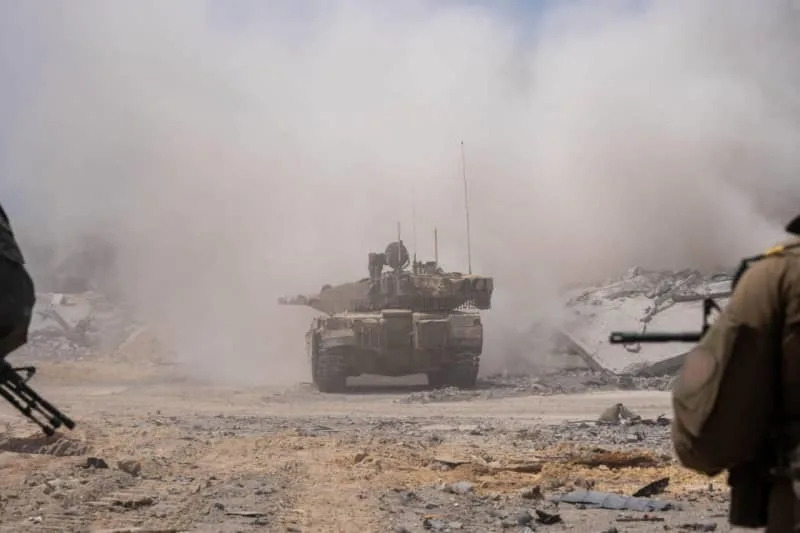A recent study highlights significant vulnerabilities in Israel’s electricity sector that could lead to power outages at critical facilities during wartime. Conducted by Dr. Erez Cohen from the Department of Middle Eastern Studies and Political Science at Ariel University, the research emphasizes an overreliance on natural gas and inadequate infrastructure as key factors threatening national security.
The study, published in the scientific journal Energy Sources, Part B: Economics, Planning, and Policy, reveals alarming findings about Israel’s energy system. According to Cohen, the country’s electricity generation relies heavily on offshore natural gas from the Tamar and Leviathan gas fields. Approximately 70% of the electricity produced comes from these sources, which lack backup or strategic reserves. This dependency increases vulnerability to potential missile strikes, terrorism, or cyberattacks.
Cohen’s research includes a quantitative analysis of production and consumption data, supplemented by a qualitative review of policies and regulations from 2018 to 2024. He used the most recent conflict in Gaza as a case study to demonstrate how current conditions could result in severe disruptions.
The study identifies four primary weaknesses within Israel’s energy sector:
1. **Overdependence on natural gas**: As previously mentioned, the reliance on a limited number of gas fields leaves the system exposed to attacks or technical failures.
2. **Supply-demand gap**: A report from the State Comptroller in 2024 indicates that by 2026, Israel could face a natural gas shortage for electricity generation, potentially leading to economic losses amounting to hundreds of millions of shekels.
3. **Lack of storage capacity**: Despite achieving approximately 12% of electricity generation from renewable sources, Israel has minimal storage systems in place, jeopardizing supply continuity during emergencies.
4. **High centralization**: The national grid’s centralized nature means that damage to a major power station or gas platform could result in widespread outages throughout the country.
Cohen paints a concerning picture of how essential services, including power, water, and healthcare facilities, could be left without electricity during crises. “In the Gaza war, we saw how our dependence on natural gas made us vulnerable. Any malfunction or hit on a central facility could paralyze the entire economy at a critical moment,” he stated.
To address these vulnerabilities, Cohen advocates for government intervention. He stresses the need to transition from a centralized energy model to a decentralized and flexible system. “We need local microgrids that will allow critical areas, such as hospitals, water facilities, and remote communities, to keep operating even if the national grid collapses,” he explained.
Investment in energy storage is also vital. Cohen insists that it should be viewed as a national safety priority rather than an environmental luxury. “Without storage capacity, even renewable energy won’t save us in a moment of crisis,” he added.
Beyond physical decentralization, Cohen calls for the establishment of a comprehensive digital and security defense network. He proposes the creation of a joint emergency coordination unit that includes the defense establishment, the Energy Ministry, and the Cyber Authority, ensuring effective management of the electricity sector during crises.
Cohen concluded with a stark reminder of the strategic importance of electricity. “We tend to think of electricity as a consumer product, but in reality, it’s a strategic weapon. If we don’t ensure backup, storage, and decentralization, we may find ourselves in the dark, precisely when we need the light the most.”







